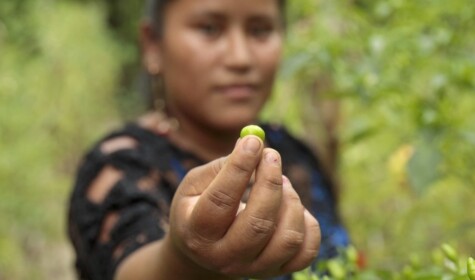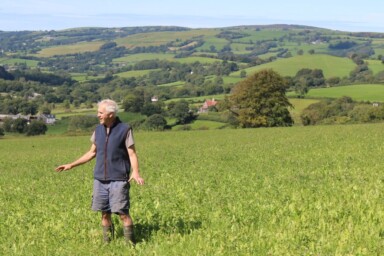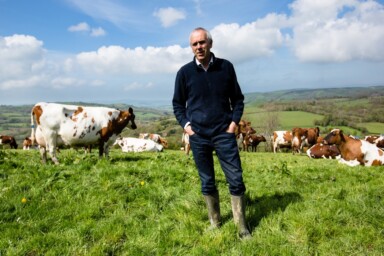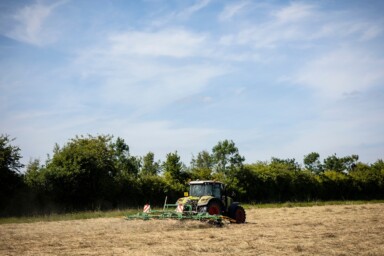As we begin to emerge from the COVID-19 lockdown, the rather gloomy prospect of the trade negotiations and their possible negative impact on the UK transition towards more sustainable food systems is looming large.
One can hardly do other than feel depressed when imagining Donald Trump giving his secretary of agriculture, Sonny Perdue, instructions that the quid pro quo of an agreement must include the opportunity to export chlorinated chicken, genetically modified soy and other products of industrial and chemical food systems – mindful that our Prime Minister is unlikely to instruct the Defra secretary of state, George Eustice, to put up much opposition to such a deal. I say this without any knowledge of what the secretary of state actually thinks privately about such a proposition, but one can imagine that if the Americans offer the inducement of access to non-agricultural products with their markets conditional upon such a deal, there’s unlikely to be much push-back.
I want to believe that I’m being overly pessimistic, so here is an alternative proposition. Imagine that there was a consensus amongst all nations to hold a Paris-style food summit, perhaps as a side event to the COP-26 gathering in 2021. Mindful of the devastating negative impacts on public health of industrial, chemically-based food systems, and the existential threats of climate change, biodiversity loss, diminishing soil fertility and growing food insecurity, every nation in the world would sign up to a new harmonised framework for food in international trade. In this framework, all food from sustainable farming systems would be freely traded without any tariffs or barriers, and food produced to lower standards in ways which would cause damaging impacts to the planet, increasing global warming, resource depletion, biodiversity loss and other dangers, could only be traded on payment of an agreed tariff or tax – the calculation of which would represent the monetised negative impact of the food production system.
I had the good fortune to meet the US civil servant who will be leading the American trade negations at the American Embassy last year; during our discussion, I mentioned the possibility that such an agreement could be reached, and she responded enthusiastically. Needless to say, I am well aware that she will be obeying the instructions of her political masters, but it seems to me not beyond the bounds of possibility that such a framework could be achieved. There is not a single country on planet Earth that isn’t now mindful of the very real prospect of an unliveable planet, if we carry on with business as usual in relation to our food and farming practices. There is now an emergent scientific consensus that our agriculture and food systems are absolutely in the front line when it comes to climate change. This is both part of the problem, but also, potentially, part of the solution if there was a global switch to regenerative farming systems that can rebuild the soil fertility which has been lost during my farming lifetime.
I attended a meeting in London last year at which the environmental campaigner, Dr Vandana Shiva, gave an inspiring speech. She pointed out that in relation to climate change and biodiversity loss, it used to be that the crucial challenge was to arrest the loss of pristine wilderness zones such as the Amazon rainforest; the reality now is that the vast majority of land area on our planet is no longer wilderness or rainforest, but is in fact small farms. So, the challenge we face is to transition from the current situation, where farms are part of the problem due to their emissions, pollution and extractive toll on the diminishing resources of our planet, to a new regenerative scenario where food production can co-exist in harmony with nature. This is actually the only way forward – and if it takes a Paris-style agreement on internationally harmonised trade in sustainable food, we need to make that happen!







